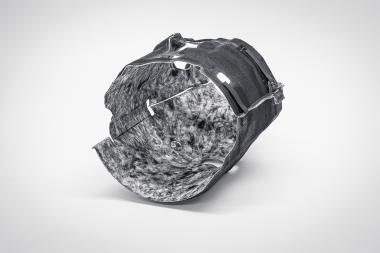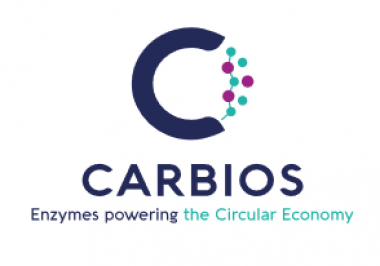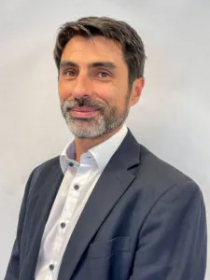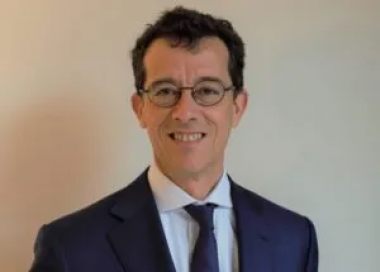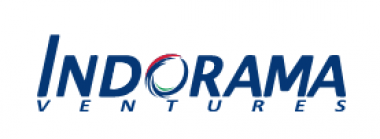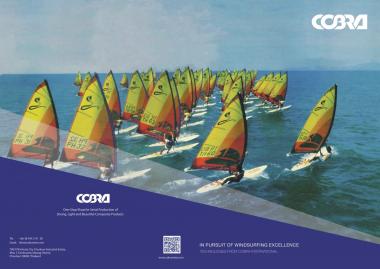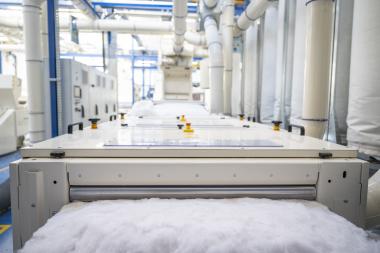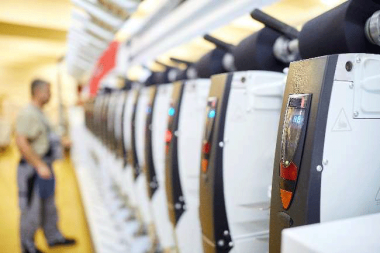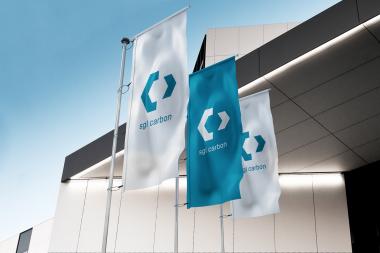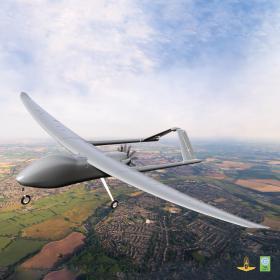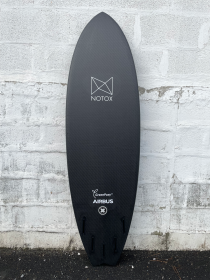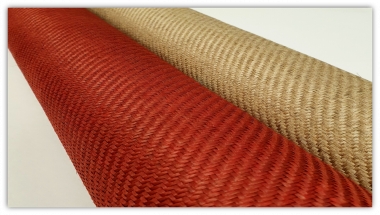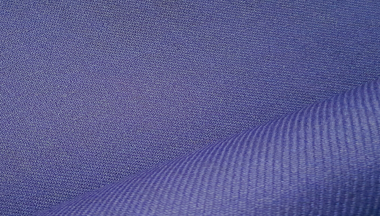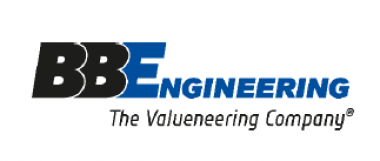Autoneum: Sound-insulating technologies for electric drives
Catering to the acoustic requirements of electric vehicles, Autoneum has extended its concepts for noise-reducing engine encapsulations to new applications related to electric drives. Hybrid-Acoustics PET and the foam-based alternatives Hybrid-Acoustics FLEX and Fit FLEX ensure optimum noise protection in e-cars and thus improve driving comfort. All three technologies are characterized by a high acoustic performance tailored to specific customer needs and zero waste production.
Disturbing noises such as the high-frequency sounds of e-motors and other electric devices or the whining noise of the gearbox are posing new acoustic challenges for vehicle manufacturers worldwide. Anticipating the increasing demand for sound-reducing components in both the front and the rear of e-cars early on, Autoneum has expanded its technologies for noise protection in the engine bay to new tailor-made applications for electric vehicles.
With the fibrous technology Hybrid-Acoustics PET and the two foam alternatives Hybrid-Acoustics FLEX and Fit FLEX, the Company offers three standardized technologies that reduce noise directly at the source, thereby improving driver comfort. All three technologies are produced waste-free and their adaptive capacity to different sizes and shapes allows for a broad spectrum of uses in electric vehicles: from e-motor encapsulations to the reduction of noise and vibration of inverters, gearbox, pumps and compressors. By offering both fibrous and foam-based variants, Autoneum is able to flexibly cater to individual customer needs and preferences with regard to material, acoustic concept, sustainability and costs.
In terms of sustainable noise protection in the engine bay, Autoneum’s patented innovation Hybrid-
Acoustics PET sets the tone: it is made of 100 percent PET with up to 50 percent recycled fibers; cut-offs in production are reclaimed, processed and reused and the material can be fully recycled at the end of product life. The unique textile technology, which is part of the Company’s sustainability label Autoneum Pure, is particularly suited to attenuating high-frequency sounds of the electric drive unit and offers the optimum balance of absorption and insulation. Moreover, components made of Hybrid-Acoustics PET are up to 40 percent lighter compared to standard insulators.
To accommodate the differing preferences of vehicle manufacturers, Autoneum has complemented its lightweight textile technology with two foam-based alternatives. Since the foam is injected in both technologies, no waste is generated during production either. Hybrid-Acoustics FLEX is based on the same acoustic concept as Hybrid-Acoustics PET, but the decoupler is made of foam instead of felt. Autoneum’s Fit FLEX, on the other hand, combines the foam decoupler with an injection molded heavy layer. Thanks to the high geometrical adaptability of foam to even complex shapes, both technologies offer outstanding acoustic performance in the insulation of e-motors and other noise sources in electric vehicles. Furthermore, the absorbing or insulating acoustic quality of the foam can be flexibly tuned to specific customer needs.
Autoneum Management AG


